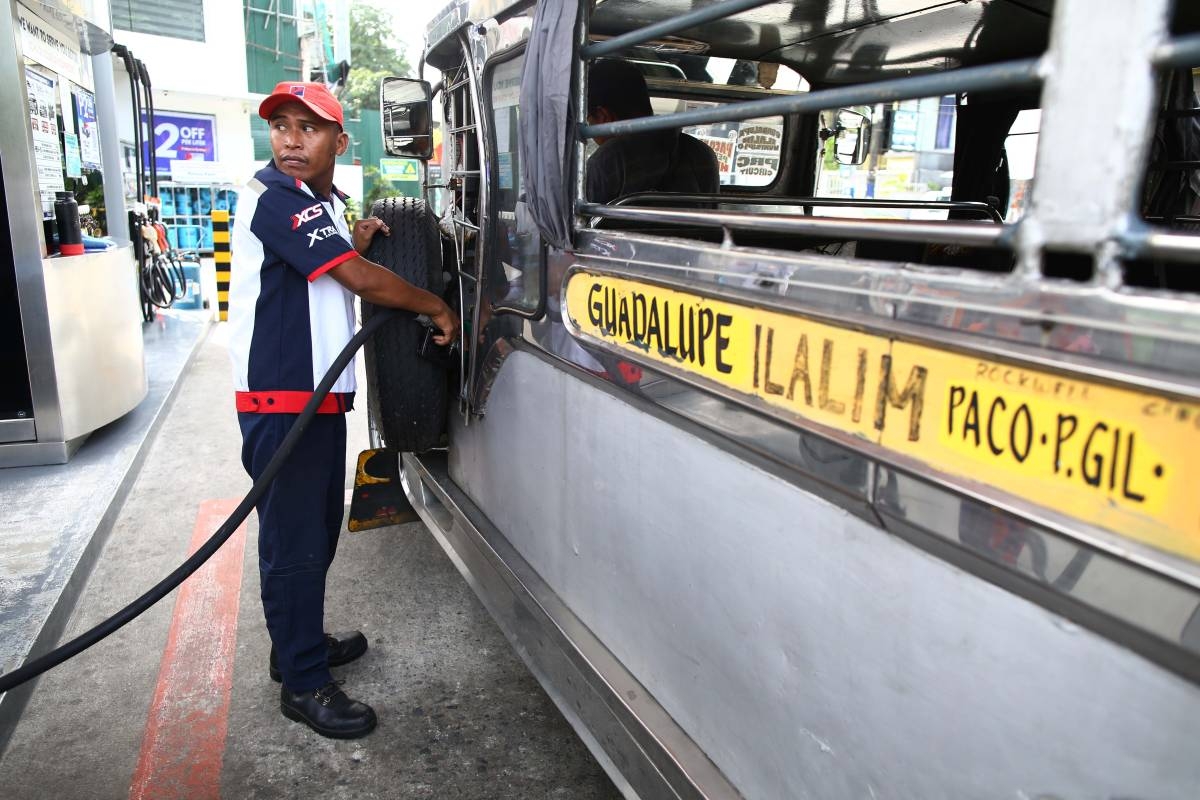In the Philippines, oil prices are poised to rise once more, as announced by leading oil firms Shell and Cleanfuel. Starting Tuesday, February 6, 2024, motorists can expect to pay an additional P0.75 per liter for gasoline, P1.50 per liter for diesel, and P0.80 per liter for kerosene.
This recent price adjustment comes on the heels of last week’s increase, where gasoline, diesel, and kerosene saw hikes of P2.80, P1.30, and P0.45 per liter, respectively. The frequent fluctuations in oil prices have become a common occurrence in the country, affecting both consumers and businesses alike.
While the rising cost of fuel may be disheartening for motorists, it is essential to understand the factors that contribute to these price changes. The global oil market is highly influenced by various factors such as supply and demand dynamics, geopolitical tensions, and production levels. These factors, in turn, impact the local oil industry, leading to fluctuations in prices at the pump.
The Philippine government, through its Department of Energy, closely monitors these price adjustments to ensure that they are in line with market forces. This regulatory oversight aims to strike a balance between protecting consumers from excessive price hikes and allowing oil companies to operate in a fair and competitive environment.
It is worth noting that the Philippines, like many other countries, has implemented policies and regulations to mitigate the impact of oil price fluctuations on its citizens. One such measure is the implementation of the Oil Deregulation Law, which was enacted in 1998. This law allows for a more market-driven approach to oil pricing, giving oil companies the flexibility to adjust their prices based on market conditions.
While the Oil Deregulation Law has its merits, it also means that consumers are directly exposed to the volatility of global oil prices. This exposure can be challenging, especially for individuals and businesses with limited financial resources. As a result, it is crucial for consumers to be mindful of their fuel consumption and explore alternative transportation options when possible.
In light of these price increases, it is also worth considering the impact on various sectors of the economy. Industries such as transportation, logistics, and manufacturing heavily rely on fuel for their operations. Any significant changes in oil prices can have a ripple effect, potentially leading to higher costs for goods and services.
To mitigate the impact of rising fuel prices, the Philippine government has implemented various measures, such as fuel subsidies and tax exemptions for public transportation. These initiatives aim to alleviate the burden on low-income households and ensure the continued accessibility of essential services.
In conclusion, the Philippines is set to experience another round of oil price increases. While these adjustments may be disheartening for motorists and businesses, it is important to understand the underlying factors driving these changes. By staying informed and exploring alternative transportation options, consumers can navigate the challenges posed by fluctuating oil prices. Additionally, the government’s efforts to provide support to vulnerable sectors of society help alleviate the impact of rising fuel costs.
Source: The Manila Times








